OXL-HM140-100μg / 询价
OXL-HM140-500μg / 询价
OXL-HM140-500μgx2 / 询价
Human OX40 Ligand/TNFSF4 Trimer Protein
Recombinant Human OX40 Ligand/TNFSF4 Trimer Protein is expressed from HEK293 with His tag and Flag tag at the N-Terminus.It contains Gln51-Leu183 [Accession | P23510-1].
The protein has a predicted MW of 49.7 kDa. Due to glycosylation, the protein migrates to 65-140 kDa based on Bis-Tris PAGE result.
> 90% as determined by Bis-Tris PAGE
Less than 1EU per μg by the LAL method.
Lyophilized from 0.22μm filtered solution in PBS (pH 7.4). Normally 8% trehalose is added as protectant before lyophilization.
Centrifuge the tube before opening. Reconstituting to a concentration more than 100 μg/ml is recommended. Dissolve the lyophilized protein in distilled water.
-20 to -80°C for 12 months as supplied from date of receipt.
-80°C for 3 months after reconstitution.
Recommend to aliquot the protein into smaller quantities for optimal storage. Please minimize freeze-thaw cycles.
Tumor necrosis factor ligand superfamily member 4 (TNFSF4) is also known as glycoprotein Gp34, OX40 ligand (OX40L),which belongs to the tumor necrosis factor family. It is expressed on such cells as DC2s (a subtype of dendritic cells) enabling amplification of Th2 cell differentiation.
OX40L; OX-40L; OX4OL; CD252; TNFSF4; OX40 Ligand; CD134 ligand; CD134L; TXGP1; Glycoprotein Gp34
(1)Al-Shamkhani A , Mallett S , Brown M H , et al. Affinity and Kinetics of the Interaction between Soluble Trimeric OX40 Ligand, a Member of the Tumor Necrosis Factor Superfamily, and Its Receptor OX40 on Activated T Cells[J]. Journal of Biological Chemistry, 1997, 272(8):5275-5282.








